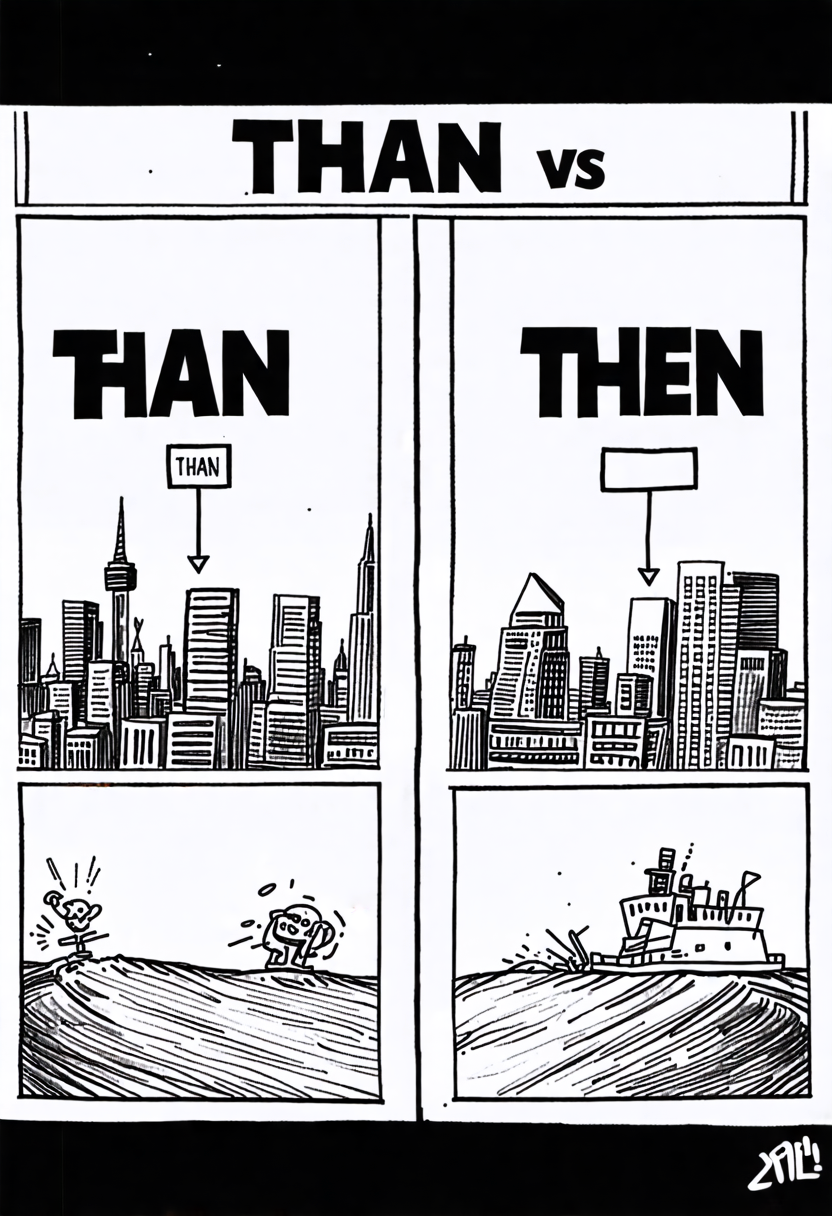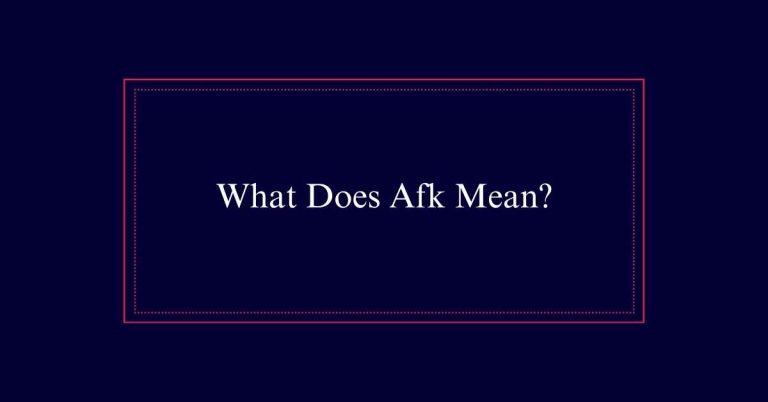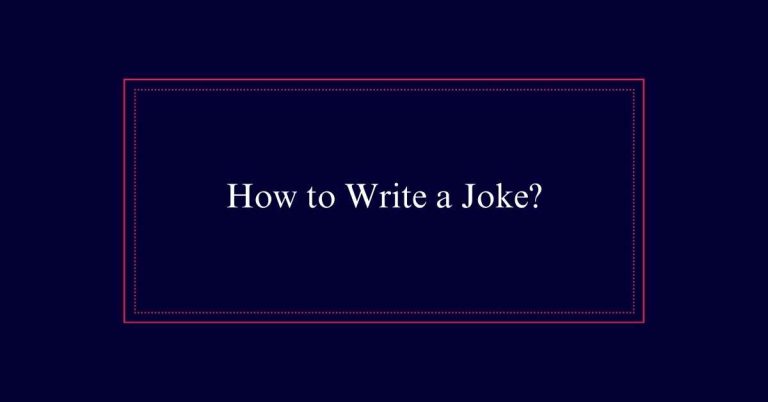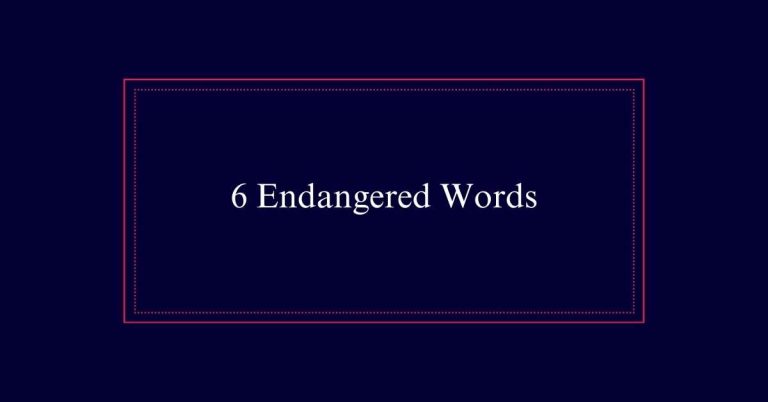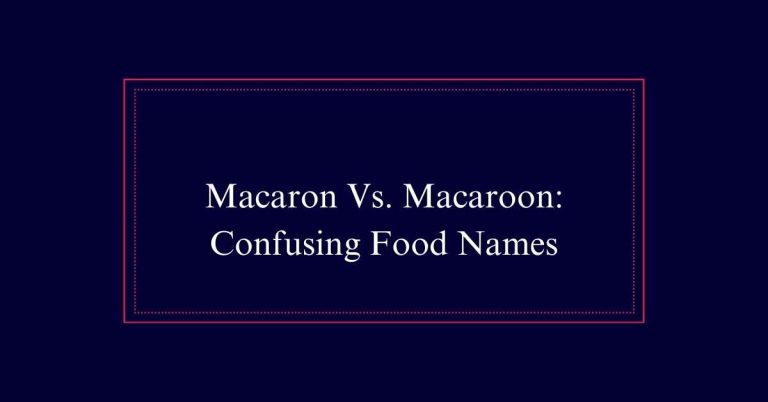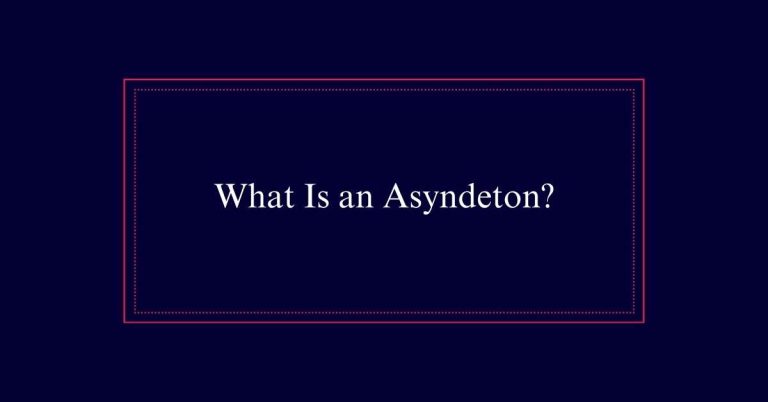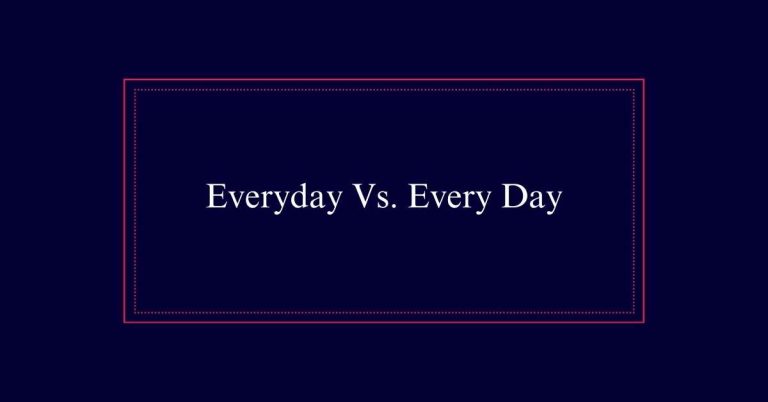Than Vs. Then
“Than” and “then” serve different purposes in English. “Than” is used for comparisons, such as “She is taller than him.” It connects elements that are being compared. On the other hand, “then” is used to indicate time or sequence, like “First we went to the store, then we went home.” It shows the order of events. Misusing these words can lead to confusion.
Key Differences
The key differences between ‘than’ and ‘then’ lie in their distinct grammatical functions and usage contexts. ‘Than’ is primarily used for making comparisons. It serves as a conjunction or preposition to highlight differences between two entities. For example, ‘She is taller than her brother.’
On the other hand, ‘then’ indicates time or sequence. It functions mainly as an adverb, showing the order of events or consequences. For instance, ‘Finish your homework, then you can play.’
Comparing With ‘Than’
Understanding how to use ‘than’ is essential when making comparisons between two or more entities. ‘Than’ functions as a conjunction and preposition, introducing the second element in comparisons.
For instance, in the sentence ‘She is taller than her brother,’ ‘than’ connects ‘taller’ and ‘her brother.’ It also appears in phrases expressing preference, such as ‘I would rather read than watch TV.’
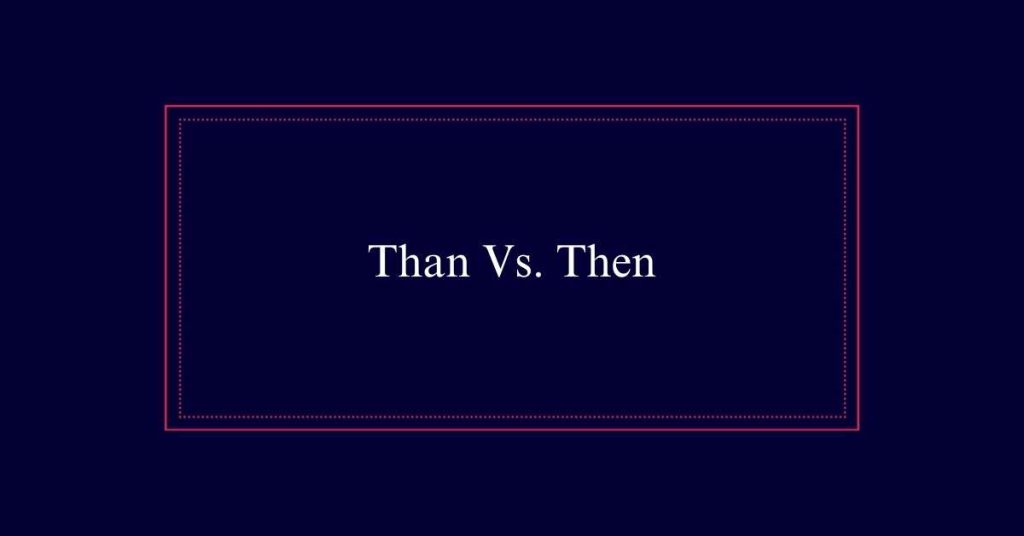
Additionally, ‘than’ can indicate exceptions, as in ‘No one other than you can do this.’ The word ‘than’ is vital for constructing sentences that compare qualities, quantities, or preferences.
Time and Sequence With ‘Then’
‘Then’ is primarily used to indicate a specific time or sequence of events. It acts as an adverb to mean ‘at that time’ or ‘next in order.’
For example, ‘Finish your homework, then you can watch TV.’ Here, ‘then’ shows the sequence of actions. It can also indicate a consequence, as in ‘If it rains, then the picnic will be canceled.‘ This use of ‘then’ shows a logical progression.
In some contexts, ‘then’ can function as an adjective or noun, such as in ‘the then president.’
‘Than’ as a Conjunction
While ‘then’ helps indicate time or sequence, ‘than’ serves a different role as a conjunction for making comparisons. ‘Than’ is used to introduce the second part of an unequal comparison, such as in ‘She is taller than her brother.’
It also appears in expressions of preference, such as ‘I would rather read than watch TV.’ Additionally, ‘than’ can mean ‘except’ as in ‘No one other than John was available.’ By connecting two elements, ‘than’ highlights differences or preferences between them.
‘Then’ as an Adverb
Often, the word ‘then’ functions as an adverb to indicate a specific point in time or sequence of events. It can mean ‘at that moment,’ as in ‘She was working then.’
It also shows the order of actions, like in ‘Finish your homework, then you can play.’ Additionally, ‘then’ can suggest a consequence, for example, ‘If it rains, then we will stay home.’ This usage helps clarify the timing or outcome of actions.
Other Uses of ‘Than’
In addition to comparisons, ‘than’ can be used to introduce exceptions or choices. It serves multiple purposes beyond merely comparing two elements. Here are three key uses:
- Introducing Rejected Choices: ‘Than’ can indicate a preference by rejecting an option, as in ‘I would rather stay home than go out.’
- Expressing Exceptions: It can also denote exceptions, such as ‘No one other than John completed the task.’
- Comparative Idioms: ‘Than’ often appears in idiomatic expressions to convey comparisons, like ‘better late than never.
Other Uses of ‘Then’
Beyond its primary role in comparisons, ‘then’ can also be used to indicate various temporal and logical relationships.
As an adverb, ‘then’ often means ‘at that time’ or ‘after that.’ For example, ‘Finish your work, then we can go.’ It can also indicate a consequence, such as in ‘If it rains, then we will stay inside.’
Additionally, ‘then’ can serve as an adjective, describing something from a specific time period, like ‘the then president.’ In certain contexts, ‘then’ functions as a noun, referring to a specific time, as in ‘from then until now.’
Its versatility in showing sequence, consequence, and specific time periods makes ‘then’ an essential part of the English language.
Idioms With ‘Than’
How can one comprehend the use of ‘than’ in idioms that revolve around comparisons? Idioms with ‘than’ typically highlight differences or preferences. They often emphasize one thing being superior or different from another. Understanding these idioms can enhance clarity in both spoken and written communication.
Here are three common idioms using ‘than’:
- Better safe than sorry: It is wiser to be cautious than to take risks and regret it later.
- Easier said than done: Suggesting that something is simpler to talk about than to actually accomplish.
- No sooner said than done: Indicating that an action was performed immediately after being mentioned.
Idioms With ‘Then’
Idioms with ‘then’ often emphasize timing, sequence, or consequences. For example, ‘now and then’ means occasionally, highlighting a time sequence.
‘First and then’ suggests a specific order of actions, indicating sequence and timing.
The phrase ‘if then’ points to a conditional outcome, emphasizing consequence.
Another idiom, ‘back then,’ refers to a specific past time, underscoring timing.
‘And then some’ means more than expected, indicating an additional consequence.
Summary of Characteristics
The distinct characteristics of ‘than’ and ‘then’ hinge on their roles in comparisons and time sequences, respectively. ‘Than’ is primarily used for making comparisons, such as ‘She is taller than he is.’ It introduces the second element in unequal comparisons and can also indicate preference or exception.
On the other hand, ‘then’ signifies time or sequence, as in ‘First we eat, then we go.’ It often shows consequence or order in events.
To summarize:
- ‘Than’: Used for comparisons and preferences.
- ‘Then’: Indicates time or sequence.
- ‘Than’: Can introduce exceptions or choices.
Understanding these differences guarantees precise and effective communication.
Frequently Asked Questions
Can ‘Than’ and ‘Then’ Ever Be Used Interchangeably?
‘Than’ and ‘then’ cannot be used interchangeably. ‘Than’ is used for comparisons, while ‘then’ indicates time or sequence. Each word has a distinct function, making proper usage essential for clear and accurate communication.
How Can I Remember the Difference Between ‘Than’ and ‘Then’?
To remember the difference, note that “than” is used for comparisons (e.g., taller than), while “then” refers to time or sequence (e.g., then we left). Think “comparison” for “than” and “time” for “then.”
